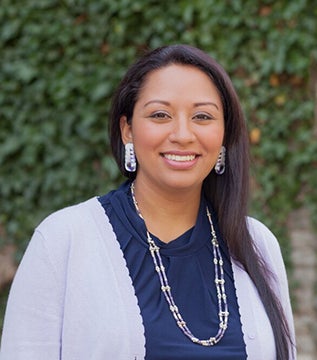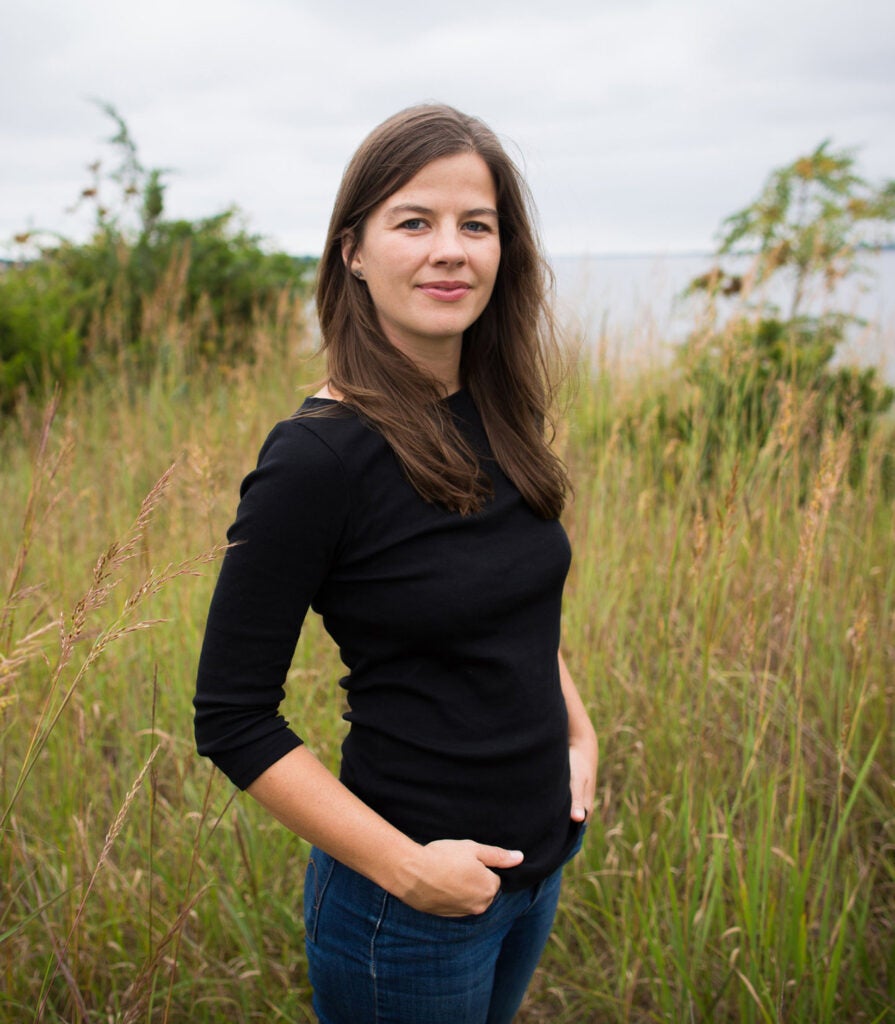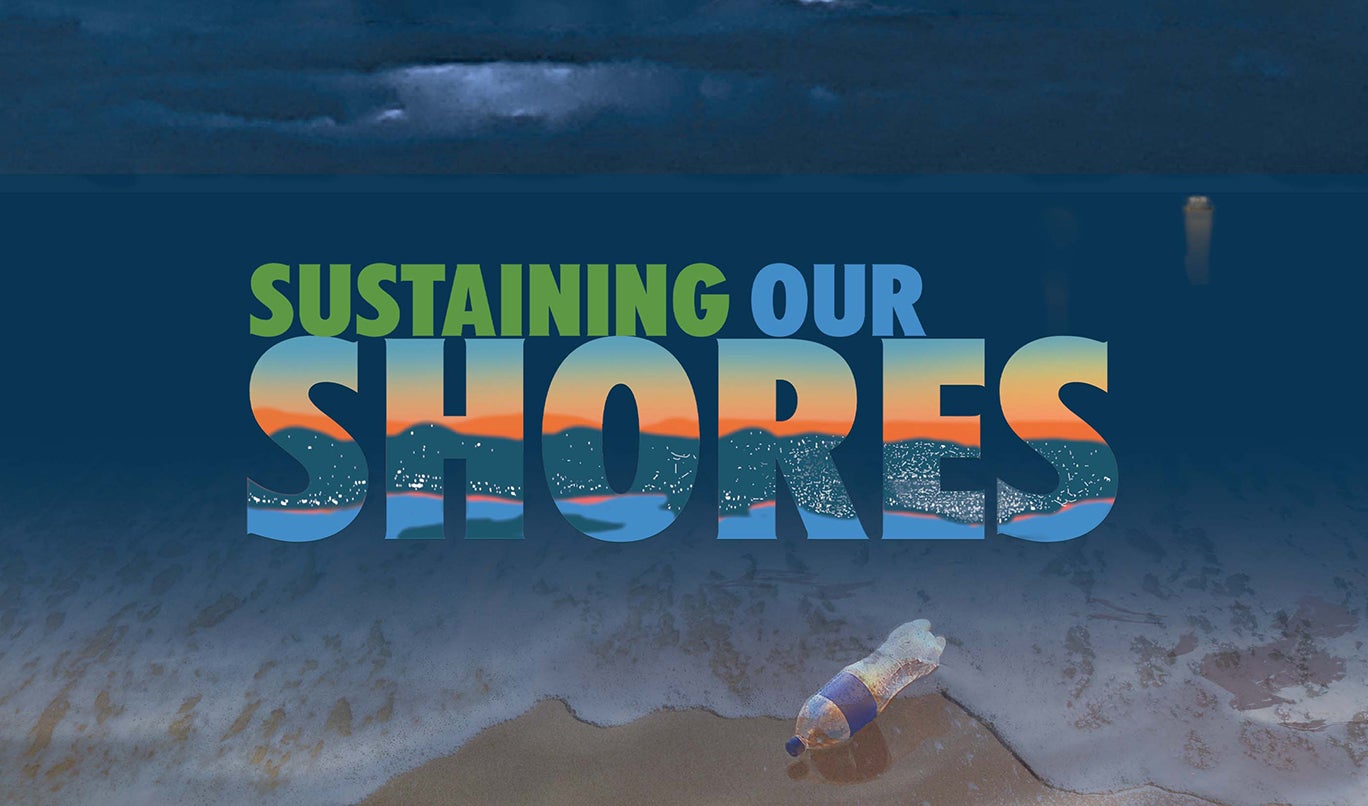KINGSTON, R.I. — Sept. 14, 2021 — You don’t have to look very far or dig very deep into history to see the effects of climate change and pollution on our coastal environment.
Two recent storms, Henri and Ida, not only caused major damage and death in other parts of the country, they also caused flooding, beach erosion, and beach closings in our area because of stormwater runoff and other factors.
But long before those recent events, J.P. Walsh, University of Rhode Island professor of oceanography and director of the Coastal Resources Center in the Graduate School of Oceanography, and Andrew Davies, associate professor of biological sciences, were planning lectures for URI’s 58th annual Honors Colloquium.
Titled “Sustaining Our Shores,” the nine-event series will include renowned researchers, writers, policy experts and even a chef as part of the University’s premier lecture series.
“Rhode Island is the Ocean State and many across the state are thinking about the ocean and the coast and the many aspects of concern,” Walsh said. “URI is also a leader in coastal and ocean research and application of that research, locally and globally. Another important point is that we just entered the U.N. Decade of Ocean Science for Sustainable Development. We thought that this should be an emphasis for the URI Honors Colloquium.”
All free lectures and panel discussions this fall are held Tuesday evenings at 7 p.m. at Edwards Hall on the Kingston Campus. The full schedule and streaming links can be found here.
For the Tuesday Sept 21st lecture, registration is required. To pre-register click here. Registration for Tuesday’s event will be available at the door for those who are unable to register ahead. If you plan to watch virtually you do not need to register.
Last year’s series, “Challenging Expectations: Disability in the 21st Century,” was held entirely online because of COVID-19, but this year, it’s an in-person program, with the lectures also being streamed. In fact, a goal is to have a significant, global virtual audience — the series has been endorsed as a U.N. Ocean Decade event. Attendees must present their university identification cards or their vaccinations card to be admitted. Everyone will be required to be masked while in Edwards.
Walsh and Davies, this year’s colloquium coordinators, said there is a Plan B for a virtual series if necessary.
The two coordinators outlined the three major points of emphasis for the colloquium: coasts in crisis, the future of seafood, and plastics and marine pollution.
Walsh said he and Davies chose the coasts in crisis sub-theme as the first area of emphasis because the U.S. and other countries are in the heart of hurricane season.
“Many people are well aware of threats of sea level rise and storms along their shores and the important overriding concern is the risk to our communities,” Walsh said. “In most cases that risk is not equally distributed. There are some communities that are disadvantaged more than others and it’s important to address these social issues along with the environmental ones.”
Walsh said the future of seafood focus looks at how billions of people around the world rely on this important food source.
“In the United States many people enjoy and recognize the health benefits of seafood, but internationally it’s a critical source of protein in much of the world,” Walsh said. “It represents half or more of the protein in the diet of developing countries. So as much as we enjoy seafood, we also need it to sustain the growing population of the planet. Of course there are issues around sustaining wild catch, so there is also a growing need for aquaculture.”
The last focus area, plastics and marine pollution, is equally important and like the other two, affects people around the world. URI, which dedicated an entire issue of its research magazine, Momentum, to plastics will launch a plastics initiative in the fall.
Davies said there is a lot of doom and gloom around coastal and ocean issues, adding “one of the key things we want to carry through the entire colloquium is that there are people around the world working on solutions. URI is central to that, and it is conducting research around the world on these problems and trying to find solutions. The hope theme is a major aspect throughout the colloquium.
“Sometimes the news that we are seeing, the poles melting and other results of climate change, is so crushing that it makes us feel powerless,” Davies said. “Our speakers will emphasize that there is hope and that there are things we can do as researchers and individuals to reduce our carbon impact. Hope is a fitting idea to showcase in Rhode Island.”

Kelsey Leonard, will present the leadoff talk Sept. 21, “Coasts in Crisis: Our Relationship with Rising Seas.” Leonard is a water scientist, legal scholar, policy expert, writer, and enrolled citizen of the Shinnecock Nation. She is an assistant professor in the Faculty of Environment at the University of Waterloo, where her research focuses on Indigenous water justice and its climatic, territorial, and governance underpinnings. She seeks to establish Indigenous traditions of water conservation as the foundation for international water policymaking. She is a member of the Shinnecock Indian Nation on the Mid-Atlantic Committee on the Ocean, which is charged with protecting America’s ocean ecosystems and coastlines. She also serves as a member of the Great Lakes Water Quality Board of the International Joint Commission. Her regional ocean policy work in collaboration with Tribes, state, federal and fishery management council entities received a Peter Benchley Ocean Award for Excellence in Solutions.

Photo by: Stephanie Alvarez Ewens
Next up is Elizabeth Rush and her lecture on Sept. 28, “Coasts in Crisis: Rising Together in Response to Climate Change.” She is the author of “Rising: Dispatches from the New American Shore.” Her work explores how humans adapt to changes enacted upon them by forces seemingly beyond their control, from ecological transformation to political revolution. Her writing has appeared or is forthcoming in The New York Times, The Washington Post, The Guardian, Harper’s, The Atlantic, Pacific Standard and the New Republic, among others.
The remaining speakers and panel discussions are:
“Coasts in Crisis, Panel: Risk and Resilience in New England,” Oct. 5. Panelists are: Pam Rubinoff, associate coastal manager for URI Coastal Resources Center; Elder González Trejo, director of community programs with the Woonasquatucket River Watershed Council; Julie Wormser, deputy director of the Mystic River Watershed Association, and the moderator will be Megan Hall, host for The Public’s Radio podcast Possibly.
Rashid Sumaila, “Infinity Fish: Economics and the Future of Fish and Fisheries,” Oct. 19. Sumaila is a professor and Canada Research Chair (Tier 1) in Interdisciplinary Ocean and Fisheries Economics at the Institute for the Oceans and Fisheries, and the School of Public Policy and Global Affairs, University of British Columbia.
Barton Seaver, “The Future of Seafood: How Marine Food Systems Can Support Healthy Oceans and Communities,” Nov. 2. Seaver is one of the world’s leading sustainable seafood experts and educators. Before leaving the restaurant industry to pursue his interests in sustainable food systems, he was an award-winning chef leading top seafood restaurants in Washington, D.C.
“The Future of Seafood, Panel: Sustainability through Local and Global Action,” Nov. 9. Panelists are: Monica Jain, executive director with Fish 2.0; Sarah Schumann, author and commercial fisherwoman; Russell Smith, consultant with Flen Consulting, and the moderator will be Azure Cygler, marine research associate with the URI Coastal Resources Center.
Chelsea Rochman, “The Story of Plastic Pollution: From Scientific Evidence to Policy,” Nov. 16. She is a faculty member in the Department of Ecology and Evolutionary Biology at University of Toronto and a scientific adviser to the Ocean Conservancy and a National Geographic Explorer. Previously, she was a David H. Smith Postdoctoral Fellow at the Aquatic Health Program at the University of California, Davis.
“Plastic and Marine Pollution, Panel: Science and Solutions,” Nov. 30. Panelists are: Eva Touhey the program manager at Clean Ocean Access, an environmental nonprofit located in Middletown, RI.; Anna Robuck, researcher at the Icahn School of Medicine at Mount Sinai with a Ph.D. from the URI Graduate School of Oceanography; Michaela Cashman, researcher at U.S. Environmental Protection Agency and master’s degree student at URI; Kara Lavender Law, research professor of oceanography at the Sea Education Association; and Evan Ridley, director of environmental programs at the Rhode Island Marine Trades Association
Wallace J. Nichols, “An Ocean State of Mind: In Crisis, Opportunity,” Dec. 7. Nichols has been called a water warrior, one who commits to helping others access their “blue mind state.” His visionary ideas related to ocean and aquatic ecosystems, migratory species, marine protected areas, fisheries management and plastic pollution inspire others to find a deeper connection with nature and embrace inventive approaches to issues ranging from protection of ocean life to global water supply to the mental health benefits of a life spent on or near the water.

